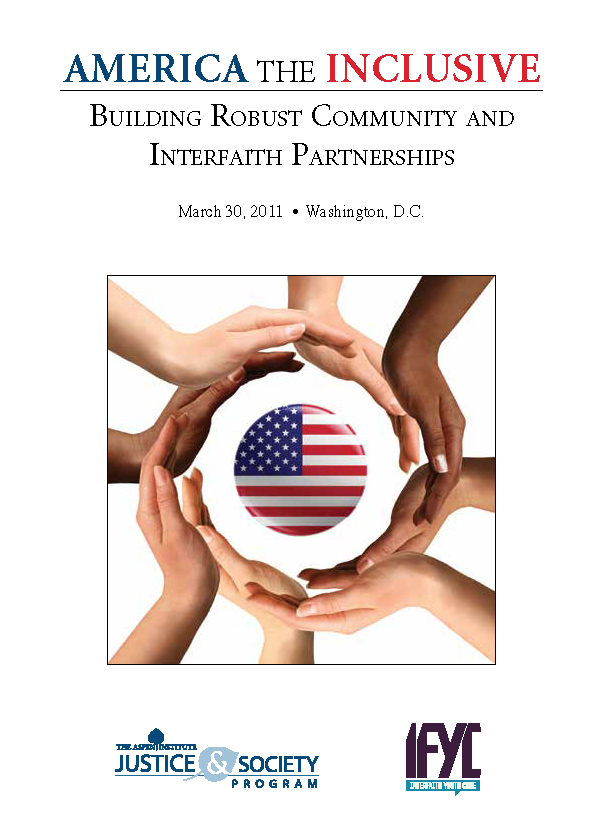John Winthrop’s famed 1630 reference to “A City on a Hill” – the society the Puritans would make in the New World as they fled religious persecution in the Old – set an aspirational context for American views on faith and its relation to civic culture. throughout our history, one ideal of American exceptional- ism has been a commitment to the rights of all newcomers to practice their faith in freedom and security. George Washington’s reassurances to the Hebrew Congregation of Newport, Rhode Island, and Thomas Jefferson’s call for a separation of church and state in the new state of Virginia, are both testaments to the bedrock twin values of free exercise and disestablishment enshrined in the First Amendment. As new groups have arrived on our shores and endeavored to adjust to life in America, we have not at first always met our aspirations, but in the end our better angels as a nation have prevailed. We have been aided by both a court system that has protected the rights of minorities in the face of majoritarian pressure, and a shared, core sense of decency that is informed by notions of equality and inclusion.
That decency has been challenged of late through a series of incidents and statements, often made by those with cynical personal or political agendas, that suggest that as America enters the twenty-first century, some faiths are less equal than others. Of course, this is not so.
On March 30, the Aspen Institute, together with our conference partner Interfaith Youth Core, brought Americans of all faiths from the government, the private sector, and the media together to discuss “America the Inclusive” during a daylong conference at our Washington, DC office. Panels on the role of media, integration as a national security asset, and the role of civil society, along with key addresses by Michael Leiter of the National Security Council, Jane Harman of the Woodrow Wilson Center, and Eboo Patel of Interfaith Youth Core, painted a picture of a nation struggling to match our current social fabric to our ideals and aspirations. In the months ahead, through the Institute’s Justice and Society Program, we plan to look more deeply into the challenges we face in maintaining religious inclusion and pluralism, vital traditions that are two of the great strengths of our nation.
In the pages that follow, we’ve highlighted some of the day’s presentations.
Walter Isaacson
President and CEO,
the Aspen Institute September 30, 2011


